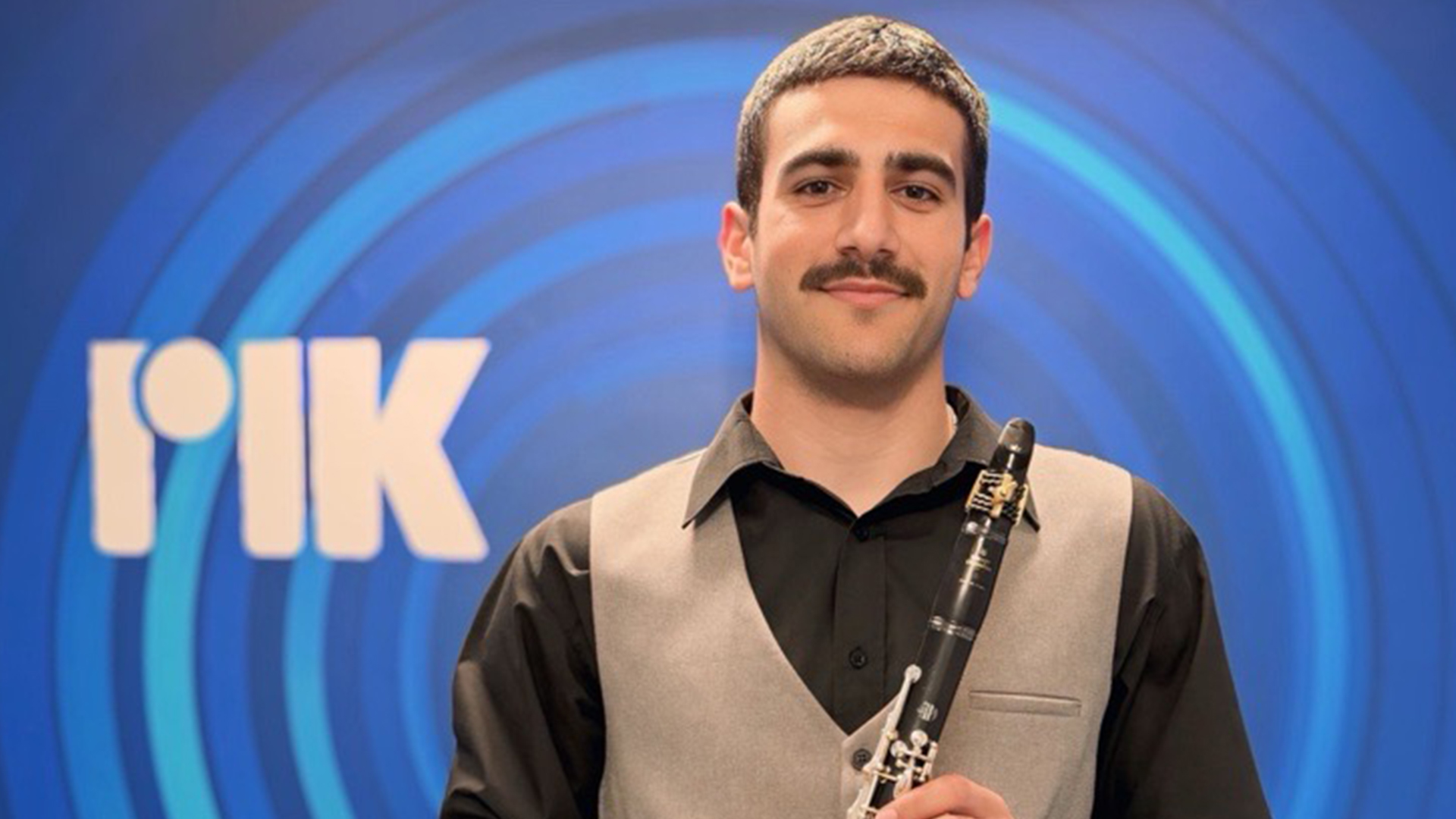Balancing professional and private life is a priority for the European Parliament under a set of regulations approved by the competent parliament committee on July 11 and which will be discussed with the Council and Commission in September.
These rules promote flexible working hours, more paternity leave and care related leave so that employees can look after ailing or dependent relatives.
MEPs believe that more adaptable working conditions and family and care-related leave would help working parents and carers balance private and professional interests and avoid the need to choose between family and career.
Women, whose employment rate was 66.5% (compared to 78% for men) in 2017, are far more likely to work part-time due to caring responsibilities and face career interruptions, which contribute to them being paid less and having lower pensions on average than men.
On July 11, Parliament’s employment committee voted in favour of new EU rules for a better work-life balance to address the underrepresentation of women in the labour market, to increase incentives for fathers to take up family-related leave and to foster gender equality and equal opportunities.
MEPs are proposing new or higher minimum standards for parental and carer’s leave. They are asking for at least 10 days’ paid paternity leave for fathers or equivalent second parents around the time of birth, stillbirth and adoption as well as the individual right of four months of non-transferable parental leave to be taken before the child is 10. Another proposal is the right to paid carer’s leave for workers caring for seriously ill or dependant relatives. Moreover, they propose that the level of payment or allowance should correspond to a minimum of 78% of the worker’s gross wage for parental and carer’s leave and a minimum of 80% for paternity leave. Moreover they say parents should benefit from adjustable working patterns such as remote working
The next step
Parliament will start negotiations with the Council and Commission in September.
















